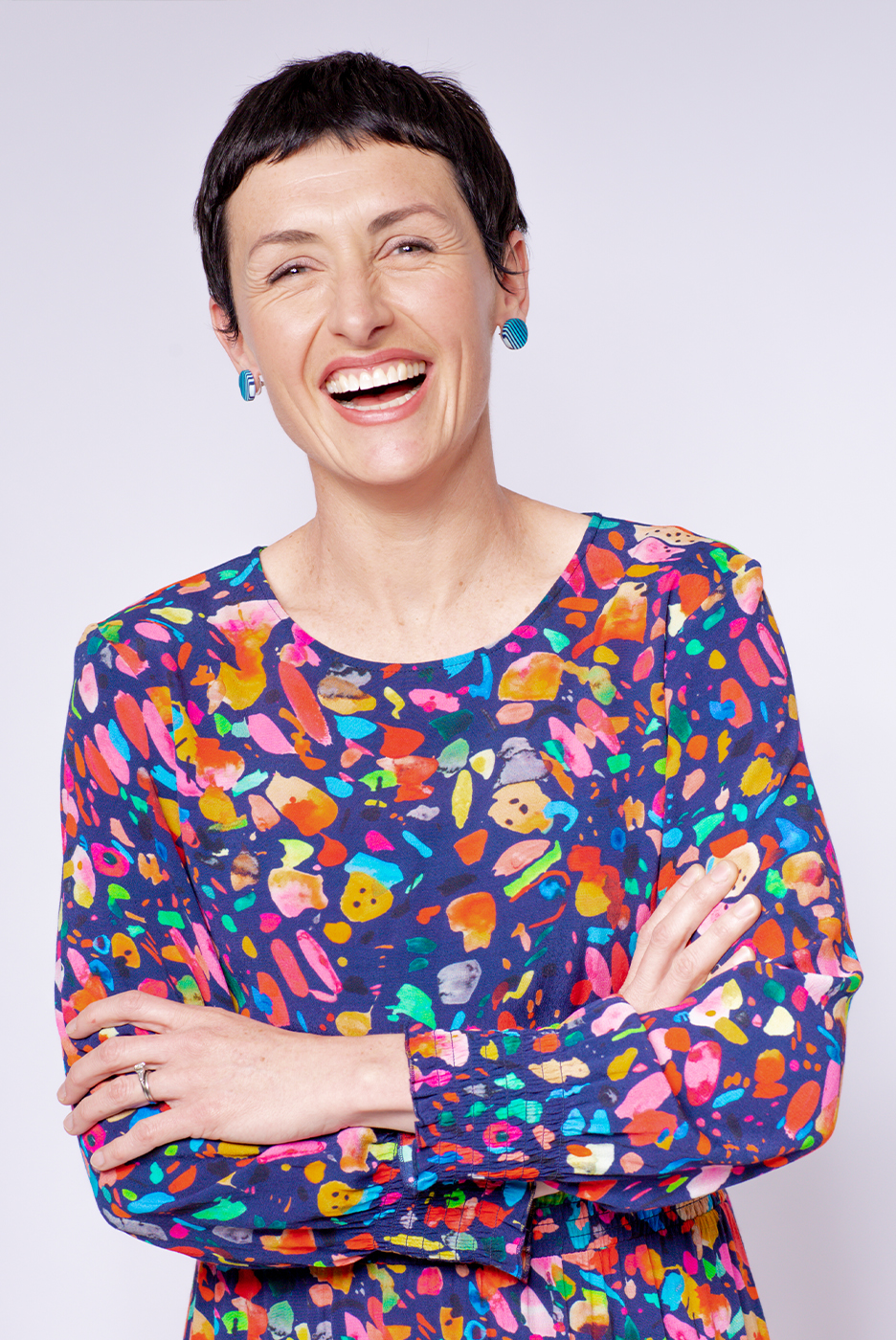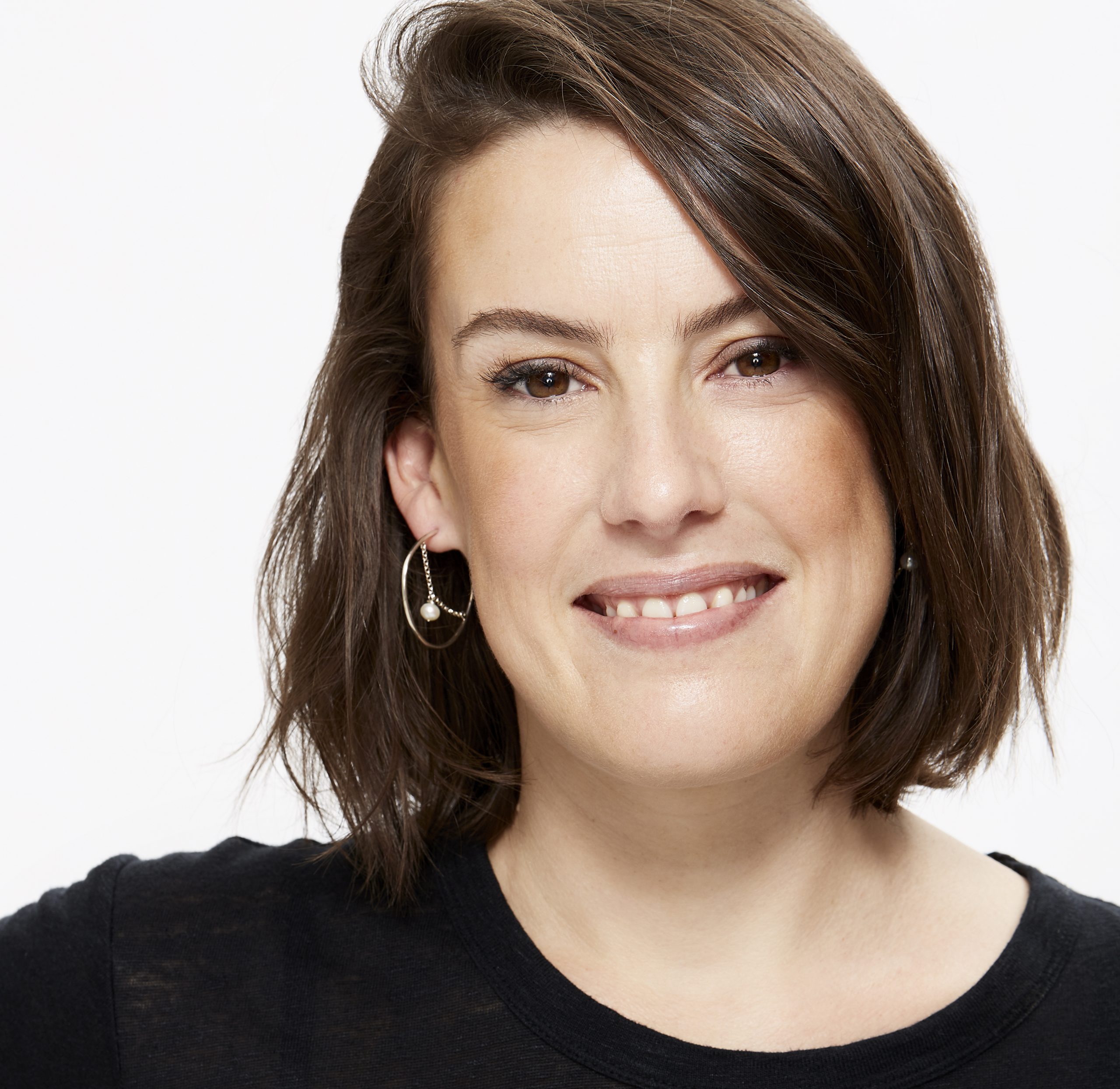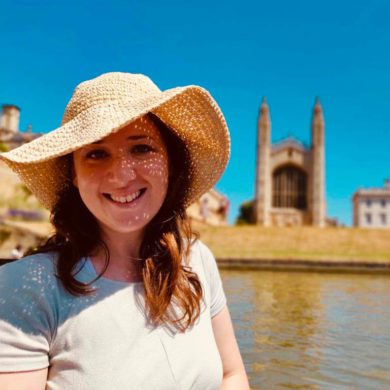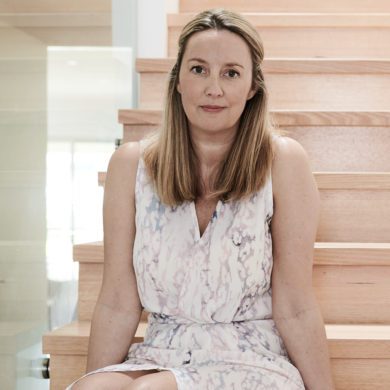Presented in Partnership with Verve Super
If you’re anything like us, the phrase ‘financial planning’ conjures up images of evenings spent trawling through bank statements and compiling spreadsheets. In other words, a little like eating more broccoli or spring cleaning your closet – good for you, undoubtedly, but more of a chore than a joy.
At least that was our impression until we talked to Zoe Lamont, the co-founder of Verve Super, Australia’s first superannuation fund for women, led by women. Zoe’s approach is less about counting costs, or cutting back, and more about creating an inspiring vision for your future.
Zoe is a pioneer of women’s financial coaching in Australia, having helped more than 10,000 women – from corporate high-fliers to rural families – achieve their financial goals through her social enterprise 10,000 Girls. At Verve Super, she supports members to build their wealth, through online courses, one-on-one mentoring, even and an online community.
Her financial planning approach is simple, and, just as importantly, fun!
Step 1: Reflect
Forget sitting at the kitchen table with your laptop, last year’s bank statements and a furrowed brow. Instead, take yourself to a calm and peaceful spot for an hour to reflect on the past year and what has been truly important to you, says Zoe.
“Ask yourself: what are the three lessons you’ve learned in the past year? What has brought you joy? What has been your most significant memory?” says Zoe.
Too many people think financial planning means numbers and spreadsheets, she adds. Whereas in reality, “money is just an enabler – it allows us to do the things we want to do. The real meaning of wealth is to have an abundance of what you value in your life. So, with financial planning, you need to spend 90 per cent of your time focused on identifying your personal priorities – and only then can you work out what you need to do financially to make those things happen.”
What has brought you joy over the past year?
Step 2: Dream
Next? “Really allow yourself to dream big,” says Zoe. “I say to people, ‘Just put all the ideas and aspirations that have ever come into your mind down on paper’. Then, imagine that it’s, say, your 70th birthday and you’re looking back on your life and reflecting on your greatest memories. What would have brought you the most joy?” (If you need help, try this planning template from Verve Super.)
This exercise will help crystallise your priorities, says Zoe. Having worked with thousands of women in this way, she says that many women realise how much they value travel or the time they spend with their family; others find themselves reflecting on home ownership or sustainability.
Imagine that it’s your 70th birthday and you’re looking back on your greatest memories. What would they be?
Zoe adds that the priorities don’t have to be one-off achievements and that it can be worthwhile to imagine what your most cherished day-to-day memories might one day be. “Maybe it’s daily activities with kids, like having a vegetable garden or cooking fresh food together.”
Step 3: Do
Now that you’ve identified your priorities, start to work out specific goals. If travel is important to you, consider where you want to go, when and for how long.
It may help, says Zoe, to visualise exactly what achieving that goal might look like. “So let’s say you have a travel goal and you want to live in Indonesia for six months, then you might imagine yourself stepping on to the plane having packed up your house. Not only will this help you create the goal but it will really light a fire inside you, and you’ll be less likely to get side-tracked walking past a shop window one day, and blow all your savings.”
The key is that your goals are measurable, and specific. “You need to think about what benefits achieving that goal will bring, what obstacles might arise, and how you can overcome them.”
Step 4: Align your money to your goals
Now, it’s time to set up your money system to achieve your goals. “This is go time”, says Zoe, who advocates setting up a system where you funnel income into “priority areas” or “money pots”.
“Short-term pots might include your everyday spending account, an emergency savings buffer and a short-term savings account, for goals like an upcoming holiday or house deposit,” she says.
Meanwhile, a medium-term pot might support a ten-year goal, such as building an ethical share portfolio for your children’s future or making extra repayments to pay off your home. Lastly, a long-term pot would include contributions to super to support you in retirement. “Squirrelling away small amounts of money over a long period of time means you will benefit from the magic of compound interest,” says Zoe.
For more information on how to build wealth and ethical superannuation visit Verve Super.
Verve Super is offering all Primer readers a free phone consultation with a Super Specialist to learn how to set yourself up for retirement or to find out more about Verve. Book in now.
This story was brought to you by Verve Super, a superannuation fund for women, by women. Verve is an ethical investment fund, which means it doesn’t invest in areas such as fossil fuels, tobacco, offshore detention.
Disclaimer: Information provided is of a general nature only, your personal financial objectives, situation or needs have not been taken into account. If you are interested in receiving personal financial advice, please see a financial advisor.













No Comments